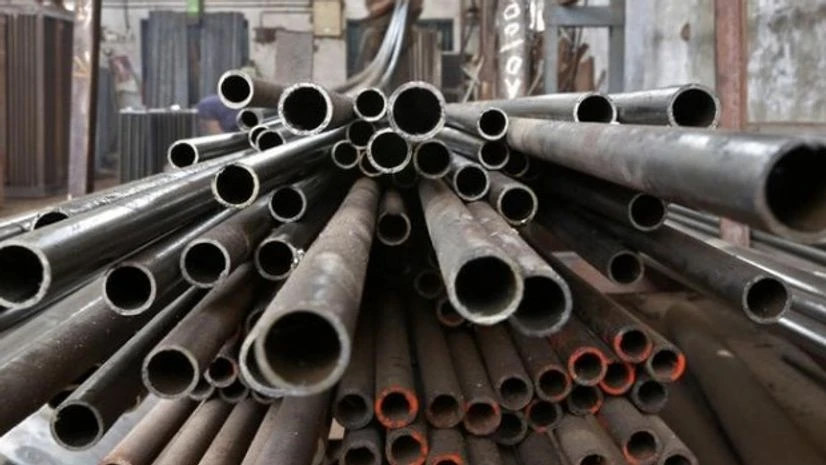"The entire world is facing a slump as far as the steel market is concerned. We have to ensure that our steel production is competitive. Whatever factors are making steel production uncompetitive need to be killed," said Niti Aayog member V K Saraswat.
"We took a first hand appraisal of the problems faced by the steel producers. Our goal is to achieve a steel production of 300 million tonne by 2025 and our aim is to reach that goal in a cost effective manner," he said.
Saraswat interacted with industry associations like Indian Steel Association (ISA), Indian Chamber of Commerce (ICC), Pellet Manufacturers' Association of India (PMAI) and All Odisha Steel Federation (AOSF). Ravi Uppal, managing director and group executive officer, Jindal Steel & Power Ltd (JSPL) and Vishal Agarwal, managing director, Visa Steel participated in the deliberations among others.
According to an infrastructure study report commissioned by Mecon Ltd for Union steel ministry, Odisha would have an incremental steel capacity of 59.6 million tonne per annum (mtpa) by 2025-26, taking its overall installed crude steel capacity to 75.6 mtpa, up from the existing 16.2 mtpa. The capacity augmentation in steel by Odisha would be the highest among all states followed by Jharkhand that is projected to add 56.8 mtpa by the period.
On problems faced by the steel makers, Saraswat said: "The problems of the steel producers range from mining to transportation and capital cost. All these problems need to be addressed in a cohesive manner. We have to find out what are the enabling and disabling factors."
The meeting focused on vision of the state government for investment/capacity augmentation for the steel sector by 2025, major hurdles faced by the industry in the progress of the existing projects and way forward and specific actions intended from the central government.
Two major issues faced by the steel producers were availability of raw materials at competitive prices and acquisition of land. The industry has suggested for appropriate duty structure on raw material and products, imposition of safeguard duty, restructuring of loans to steel sector in the form of a financial package and allocation of coal blocks.

)
